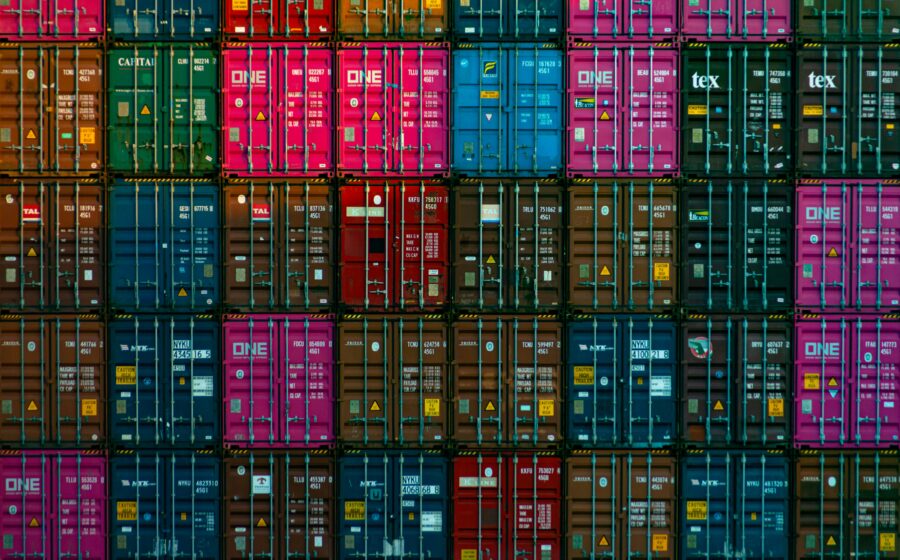✉️ This story was featured in this week’s Coffee News Club
👋 Get the Coffee News Club newsletter in your inbox weekly—sign up.
News outlets have primarily focused on how Trump’s latest tariff threat—he has talked about imposing a 50% on goods from Brazil—affects U.S. coffee roasters and importers, but smallholder coffee farmers in Brazil could be hit just as hard.
Brazil is the world’s largest producer of coffee and exports the majority of its harvest to the U.S. Experts believe that, while U.S. companies will likely continue to buy coffee from Brazil, demand may fall sharply.
“It’s obvious that neither the United States nor any other source can give up on Brazil, even if it’s tariffed,” Márcio Ferreira from the export association Cecafé told Eléonore Hughes and Diarlei Rodrigues reporting for the Associated Press. However, the proposed tariff is expected to change how people shop, as it will likely drive up retail prices and affect consumer demand. Such shifts will likely impact small farmers the most.
“There’s no way we can quickly redirect our coffee production to other markets,” said Leandro Gilio, a professor at Insper Business School in São Paulo. “This principally affects small producers, who have less financial power to make investments or support themselves in a period like this.”
Larger producers and exporters will be able to more easily pivot to new markets. Rory Gospill from the data analytics firm GlobalData told Global Coffee Report that Brazilian farmers should target countries like China and the Philippines, where demand for coffee is growing. “As Brazilian exporters face the potential loss of their competitive edge in the US market, it becomes imperative for them to pivot towards alternative markets that promise robust growth,” Gospill said.
After a year of volatile prices caused by a devastating drought that decimated many coffee farms, some Brazilian farmers are already struggling to stay afloat. Now, the looming tariffs add yet another layer of uncertainty. “It’s scary. It feels like you’re on shaky ground. If things get worse, what will we do? People will start pulling out their coffee and finding other ways to survive because they won’t have the means to continue,” Paulo Vitor Menezes Freitas, a young farmer, told Hughes and Rodrigues.
Read the full story on yet more tariff fallout from the Associated Press here.









